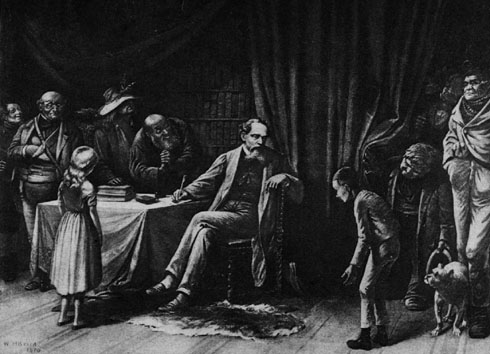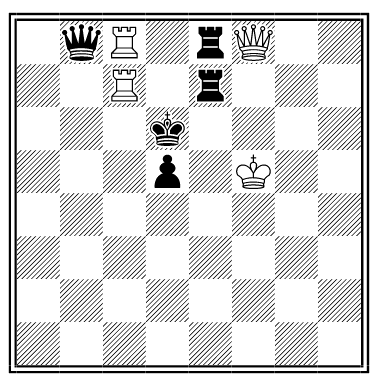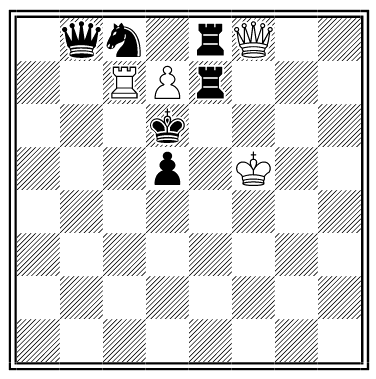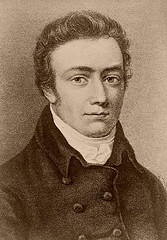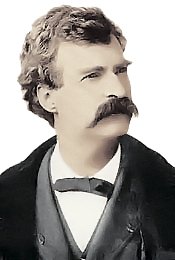
In 1858 Mark Twain had a vivid dream in which he saw his brother Henry lying in a metal burial case. On Henry’s chest lay a bouquet of white flowers with a red rose at its center.
A month later, Henry lost his life when his steamboat’s boiler exploded. A grieving Twain arrived to discover his brother’s body in a metal case—the other victims had been given wooden coffins, but the ladies of Memphis had taken up a fund for Henry, touched by his youth and good looks.
As Twain stood there, an elderly woman approached and placed a bouquet of white flowers on Henry’s chest. At its center was a single red rose.
See also A Premonition.

